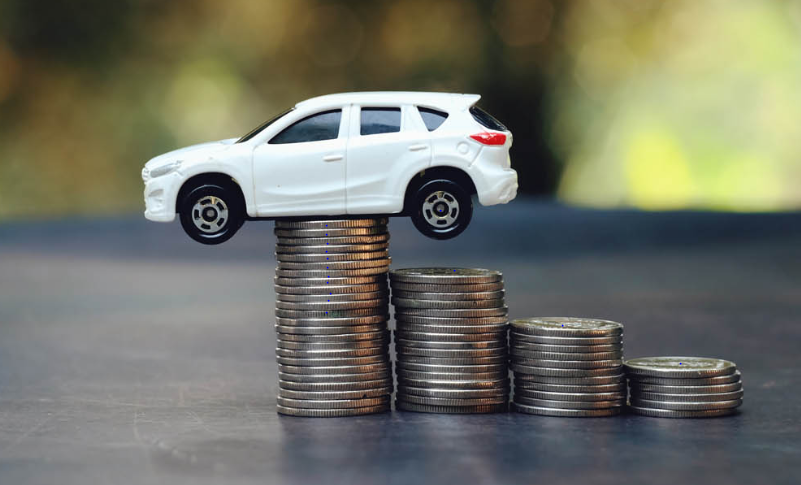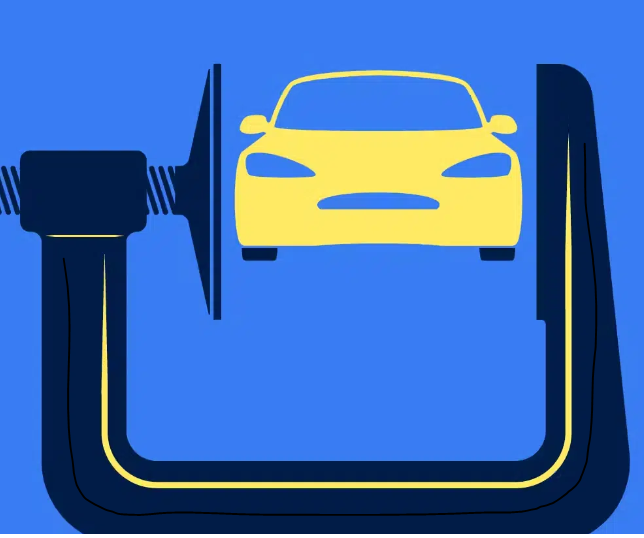When shopping for a car loan, one of the most important decisions you’ll need to make is whether to choose a fixed or variable car loan interest rate. The interest rate directly affects how much you’ll pay for your vehicle over the life of the loan, and understanding the differences between fixed and variable rates can help you make the best choice for your financial situation.
What Are Fixed-Rate Car Loans?
A fixed-rate car loan locks in an interest rate for the entire term of the loan, meaning your monthly payments will remain the same throughout the life of the loan. The major benefit of a fixed-rate loan is its predictability. Since your rate is locked in, you can budget your payments with certainty, knowing that your interest rate and monthly payment will not change, regardless of shifts in the economy or the market.
For borrowers who prefer stability and certainty, a fixed-rate car loan can be an attractive choice. Additionally, a fixed-rate loan typically comes with a fixed monthly payment, which can make it easier to manage your finances. This option is often preferred by those who are risk-averse and want to avoid potential fluctuations in their monthly expenses.
Advantages of Fixed-Rate Car Loans
- Predictability: With a fixed-rate car loan, you know exactly what your monthly payments will be from the beginning to the end of the loan term. This makes it easier to plan your budget and ensure that you can afford the payments.
- Stability: Fixed rates are particularly beneficial during periods of economic uncertainty or rising interest rates. Since your rate won’t change, you won’t be affected by market fluctuations.
- Peace of Mind: For individuals who may not be comfortable with financial uncertainty, a fixed-rate loan provides peace of mind. You won’t have to worry about rates increasing during the life of the loan.
What Are Variable-Rate Car Loans?
A variable-rate car loan (also known as an adjustable-rate loan) offers an interest rate that can change over time, depending on fluctuations in the broader market or an underlying benchmark rate, such as the Prime Rate or the LIBOR. With this type of loan, your interest rate is typically lower at the outset compared to a fixed-rate loan. However, the rate can increase or decrease during the term of the loan, affecting your monthly payment.
Variable-rate loans can be appealing for borrowers who are looking for a lower initial interest rate and are comfortable with some level of uncertainty in their payments. If interest rates remain low or decrease over the life of the loan, you could pay less in interest over time. However, if rates rise, your monthly payments will increase.
Advantages of Variable-Rate Car Loans
- Lower Initial Interest Rate: One of the primary benefits of a variable-rate car loan is the typically lower starting interest rate. This can result in lower monthly payments, especially in the early stages of the loan.
- Potential for Lower Rates Over Time: If the market interest rates decrease or remain low, your loan’s interest rate will adjust accordingly, which can save you money over the life of the loan.
- Flexibility: Variable-rate loans can be appealing for borrowers who anticipate that interest rates will remain low or who plan to pay off the loan quickly before the rate adjusts.
Which Option is Right for You?
When deciding between a fixed or variable car loan interest rate, there are several factors to consider. Your personal financial situation, risk tolerance, and the state of the economy will all play a role in determining which loan type is best for you.
1. Your Risk Tolerance: If you prefer predictability and peace of mind, a fixed-rate loan may be the better choice. This is especially true if you have a tight budget or plan to keep the car for the full term of the loan. A fixed-rate loan will provide the certainty you need to plan your finances without worrying about fluctuations in the market.
On the other hand, if you’re comfortable with some level of risk and are willing to bet that interest rates will remain stable or decrease, a variable-rate loan could be a good fit. Keep in mind that if interest rates rise, your monthly payments could increase as well, which could put a strain on your budget.
2. Length of Loan: If you’re planning to pay off your car loan quickly, a variable-rate loan may be the right choice. Since the rate may be lower at the beginning, you can benefit from lower monthly payments in the short term. However, if you plan to keep the car for the full term of the loan, a fixed-rate loan offers more stability, ensuring that your payments won’t change over time.
3. Current Economic Conditions: The broader economic environment can influence which type of loan is better for you. If interest rates are expected to rise in the near future, locking in a fixed-rate car loan can protect you from higher payments. However, if rates are low and expected to stay that way, a variable-rate loan may provide the opportunity to save money with a lower starting rate.
4. Loan Terms and Fees: Before deciding, it’s important to evaluate the full terms and conditions of the loan. Consider factors such as loan fees, the loan term, and whether there are any prepayment penalties or other charges that could affect the total cost of the loan. Sometimes, a slightly higher interest rate may be worth it if it means fewer fees and more favorable loan terms overall.
Conclusion
Both fixed and variable car loan interest rates have their benefits and drawbacks, and the right option for you will depend on your financial situation and preferences. A fixed-rate car loan offers stability and predictability, making it ideal for borrowers who value consistency. Meanwhile, a variable-rate car loan may be suitable for those looking for a lower initial interest rate and who are comfortable with the potential for fluctuating payments. When choosing between these two types of loans, it’s important to assess your financial goals, risk tolerance, and the current economic climate. By understanding the pros and cons of both fixed and variable rates, you can make a more informed decision and select the car loan option that best aligns with your needs.


